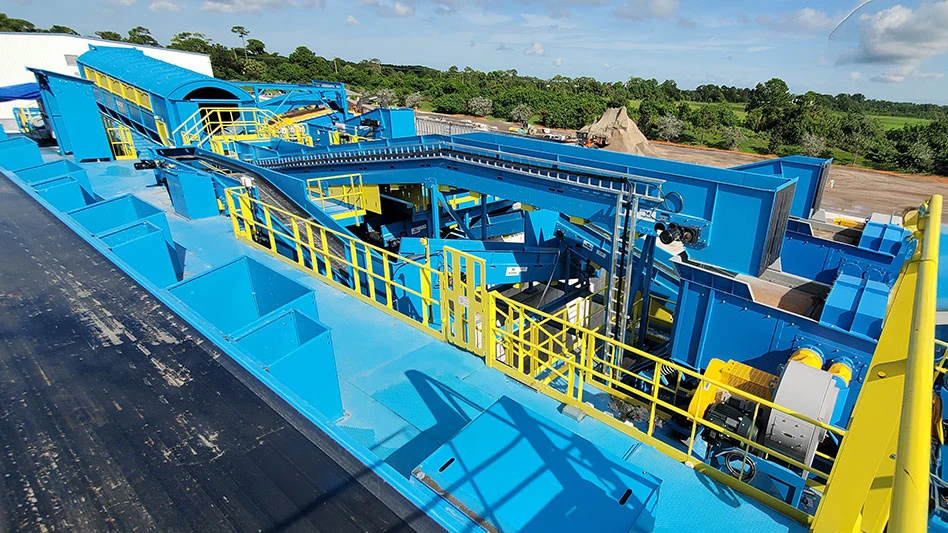
The Forum’s organizers say they hosted some of the world’s leading plastic innovators, entrepreneurs, designers and thought leaders within both business and government sectors to come together with the aim of finding profitable and creative solutions to reduce plastic’s global footprint.
Former President of Costa Rica Jose Maria Figueres said, “Even though Costa Rica is known for being one of the most eco-friendly countries in the world, we also have a big problem with managing waste and recycling. We need the collective work from the experts and participants of Plasticity to bring scaled solutions to both our businesses and countries to drive the opportunities that can be harnessed from treating waste as a resource.”
Some of the research projects, developments and initiatives discussed at the Plasticity Forum included:
- Dell’s Scott O’Connell described his company’s closed-loop recycling program to include more than 50 million pounds of recycled content in its computers and 2 billion pounds of waste saved from its packaging by 2020.
- Steve Russell of the American Chemistry Council portrayed the lost value of non-recycled plastics in terms of energy and an ability to power 5.7 million homes per year.
- William McDonough described “Wonder House,” a project designing homes that can be easily built, moved, expanded and reused and that are adaptable to different climates and cultures.
- The company Miniwiz discussed its product use and reuse, including turning food waste into ethanol and PET plastics.
- Lewis Perkins of Cradle to Cradle Products Innovation Institute announced its push to increase C2C innovation and certification in the textiles industry through its Fashion+ initiative.
- Monique Maissan of Waste2Wear discussed product innovation in the fashion industry, including using recycled materials in garments.
- Richard Mattison of Trucost discussed a report on valuing plastic and the negative externalities of waste when it is not captured for repurposing. The report has been announced the day before in Nairobi at the U.N. Environmental Assembly (UNEA). The United Nations Environment Programme estimates the value of plastic packaging that could be recycled globally but is landfilled instead at more than $8 billion.
- Sam Harrington of Ecovative demonstrated new types of plastic that use biomaterials, including mushroom packaging.
Jo Royle announced the launch of the Ocean Friendly Design Forum, which focuses on product design that enhances resource recovery and prevents plastics pollution in the world’s oceans.
“The Plasticity Forum in New York marks a new chapter in collaborative action between industry, governments and communities in banding together to scale solutions that can really drive mindset changes in how we perceive plastic in a new form, that of the resource that it truly is,” says Doug Woodring, founder of Plasticity and the Ocean Recovery Alliance, which runs the event. “By no means is this an easy challenge to address, but leaders at this event are some of the real trailblazers who know how to deliver solutions that we can all participate in, and benefit from, in our respective communities,”
The first Plasticity Forum took place in Brazil during the United Nations Conference on Sustainable Development in 2012 and the second was in Hong Kong in 2013.
Latest from Recycling Today
- Greenwave raises revenue but loses money in Q2 2025
- Recycled steel prices hold steady
- EY says India’s need for scrap imports will continue
- Coming full circle
- Amcor, DCM introduce fertilizer packaging with 35 percent recycled content
- Comstock Metals gets closer to commissioning commercial-scale solar panel recycling facility
- Washington selects Circular Action Alliance as PRO
- Smurfit Westrock expands in Latin America





